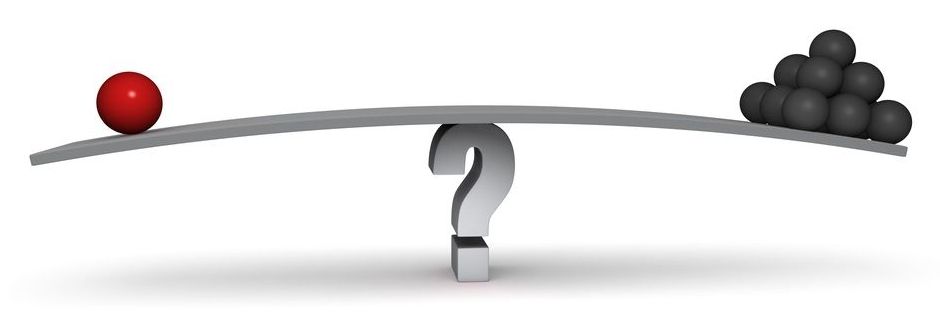Humanity is made of individuals; preserving the life of individuals preserves humanity. Thus, life extension and the preservation of our species aren’t incompatible.
What is it that really matters: preserving individual lives or preserving humanity? Is it more important to grant individuals the option to live as long as they’d like in good health, or is it more important to ensure the preservation of our species? This sort of question isn’t unheard of in the context of discussions of pros and cons of rejuvenation biotechnology; at times, when presented with the possibility of indefinite lifespans, some people reply that focusing on the preservation of our species is more important. This observation is reminiscent of the “other priorities” objection, and one could respond to it in the same way. However, this issue is also worth examining from other angles.
Quick comeback: the two goals aren’t incompatible
A practical remark to make here is that preserving individual lives automatically preserves the human species because the species only exists as long as there are humans. Not everyone agrees that having a population of individuals that live indefinitely is “good for the species”—be it for fear of overpopulation or of cultural stagnation—but this concept is rather vaguely defined and not objectively measurable. However, here we are stepping into a different territory, one that has been explored in other articles, so we won’t go there in this one.
